Data Sovereignty as a Business Imperative: Why It Matters for AI and Innovation

AI has quickly become a strategic necessity for any enterprise or business that wants to stay competitive. But too often, organizations rush to implement AI solutions without ensuring they retain full ownership of their data and control over their infrastructure. In my experience, even the most promising AI projects can be derailed by vendor lock-ins, rigid platforms, or fragmented data. To truly unlock AI’s potential, organizations must pair a commitment to data sovereignty with thoughtful, end-to-end integration of AI into their core operations.
My Journey & Core Motivation
I’ve spent years inside large corporations and freelanced as an AI consultant, witnessing projects both fail and succeed. Here’s what made the difference:
- Failing Fast: Bloated teams often get caught in bureaucracy or lock themselves into one vendor’s ecosystem. Without clear data ownership or alignment on user value, even the most sophisticated AI model can wither on the vine.
- Succeeding Big: By contrast, my most successful projects had a few traits in common: laser focus on end-user needs, robust data quality, small yet highly skilled cross-functional teams, and a culture of rapid, iterative development. We built solutions that seamlessly integrated with existing workflows while keeping data pipelines transparent and in-house.
These experiences shaped my conviction that true digital transformation happens when AI is deployed on your own terms, with open frameworks that guarantee control, security, and flexibility.
Why AI Needs to Be in Your Workflow
Artificial Intelligence isn’t just about automation and cost savings—it’s about driving innovation and unlocking new business models. By embedding AI into your daily processes, you gain:
- Intelligent Automation: Free up your teams from repetitive tasks through advanced machine learning pipelines, letting them focus on higher-value work.
- Actionable Insights: Turn real-time data into predictive analytics, guiding strategic decisions and improving operational efficiency.
- Competitive Differentiation: Offer unique, AI-powered products or features that competitors can’t easily replicate.
However, these benefits hinge on ensuring that data remains in your control. AI workflows touching sensitive data must be developed on platforms that prioritize data sovereignty and technical independence.
MLOps, Infrastructure & Independence
MLOps—short for Machine Learning Operations—streamlines how models are built, deployed, monitored, and continuously improved. It’s the bridge between your data, your models, and your production environment. Here’s why every enterprise needs it:
- Reproducible Deployments: Container-based solutions (e.g., Kubernetes) and Infrastructure as Code (IaC) make it easy to spin up and manage AI environments consistently.
- Continuous Improvement: Automated pipelines (CI/CD) let you iterate on models quickly, incorporating new data and business insights without breaking things in production.
- Proactive Monitoring: Well-structured monitoring not only tracks model performance but also ensures data compliance, security, and transparency.
Building these workflows on open-source and self-hosted technologies ensures you’re free to pivot whenever new tools or regulations emerge. You avoid being locked into proprietary cloud services that might limit your options—or force you into pricey upgrades. Plus, open standards mean better community support, faster innovation, and more reliable security patches.
Achieving Independence & Control
- Open-Source Platforms: Frameworks like Kubernetes, Docker, MLFlow, and TensorFlow can be deployed on-prem, in the cloud, or in hybrid setups, granting you maximum flexibility.
- Containerized Environments: Deliver consistent performance and reduce time-to-market, all while allowing you to manage resources your way.
- Robust DevOps Practices: From GitOps to fully automated CI/CD, a well-structured DevOps approach ensures new AI features are deployed safely and swiftly.
Ready to Own Your AI Future?
Data sovereignty and AI integration aren’t opposing goals. When done right, they complement each other, amplifying the transformative potential of your data while protecting your organization’s autonomy. If you’re ready to explore how to implement AI solutions that respect your data boundaries and scale with your business needs, I invite you to connect with me and sign up for more posts and regular insights!
Together, we can build AI-driven workflows that help your enterprise innovate and thrive—on your own terms.
